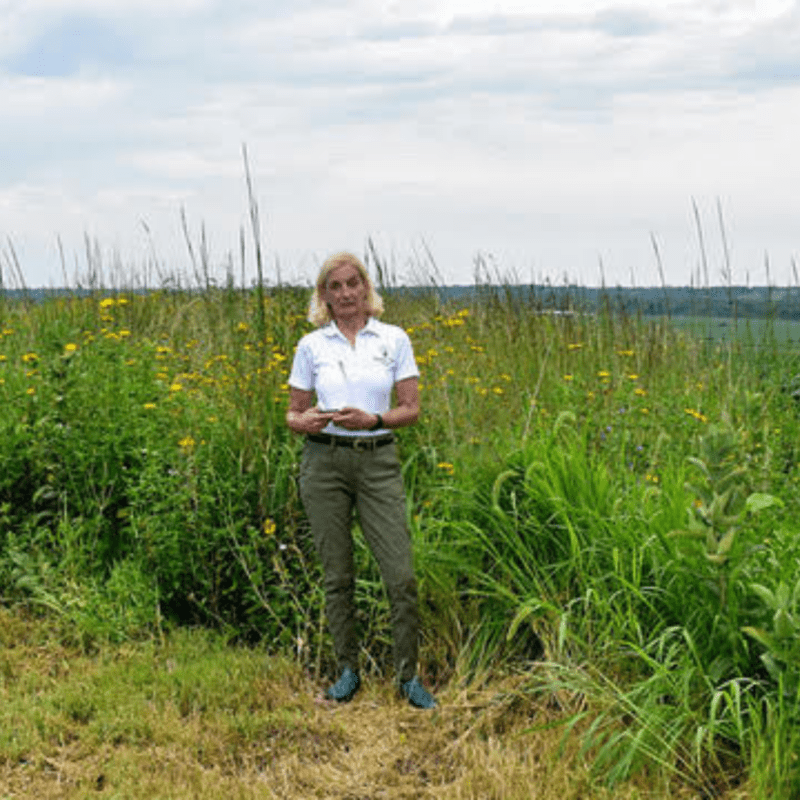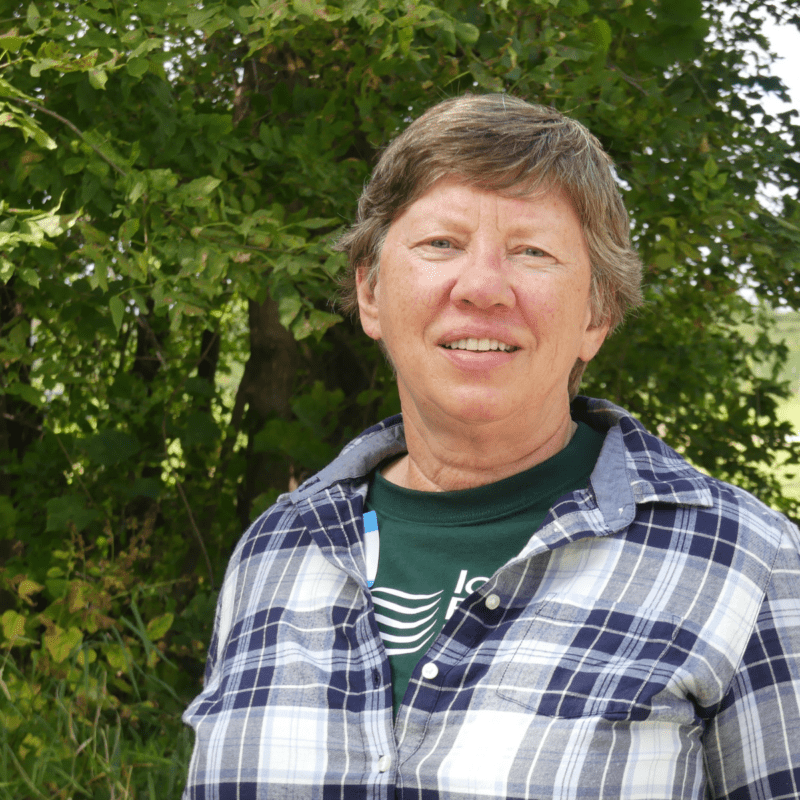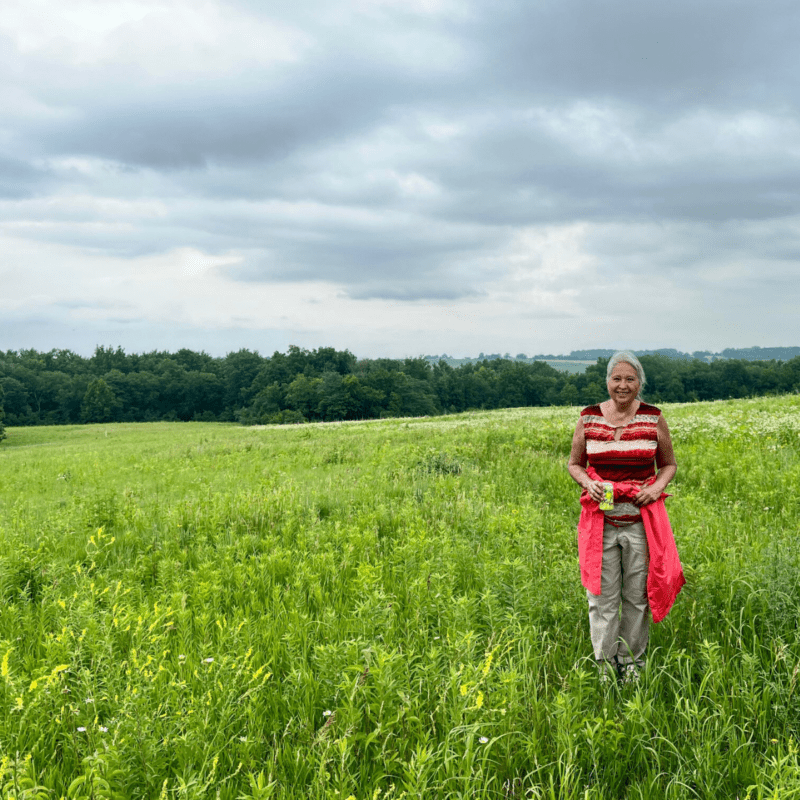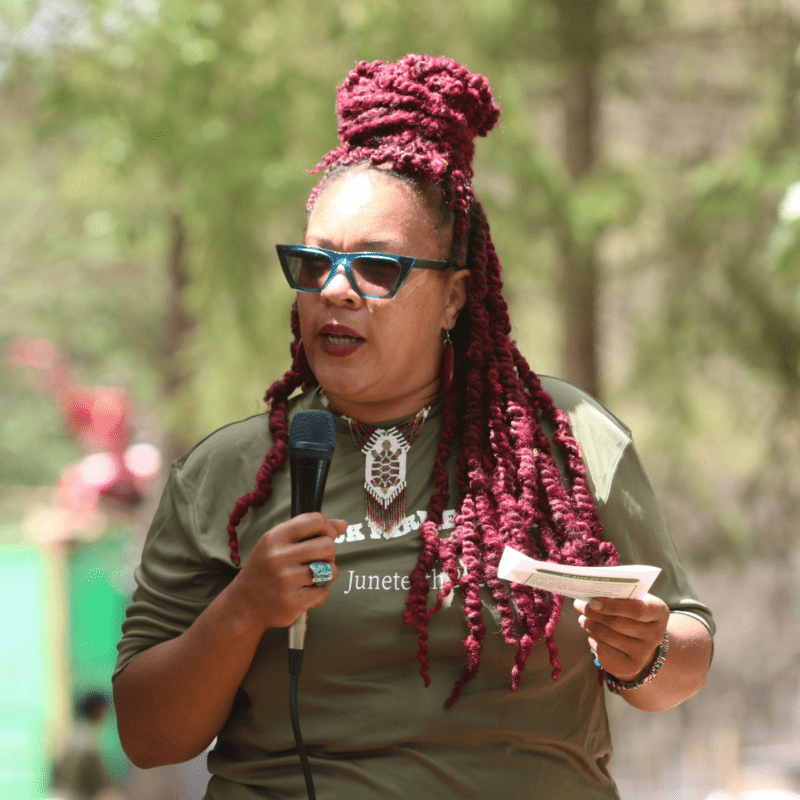Climate Land Leaders implement changes on their land, such as reducing fertilizer and tractor use, planting perennials and restoring prairie and wetlands. They know, however, that we will not have a livable future without robust, climate-focused federal, state and local policy.
Help plant, animal, and human communities thrive through our land stewardship.
Please support the Climate Land Leaders Initiative today!



